
"Huawei Ascend II m865" (CC BY 2.0) by Linuxbear
We now live in a mobile world, we all know that. But when it comes to choosing the right mobile medium, companies have a number of factors to consider. While many would assume that the growth of the mobile app market might cause a decrease in the number of mobile websites out there, the opposite is actually true.
According to Statista, there are now more than 1 billion apps on the market. Delving a little deeper into the stats, the Apple App Store alone saw more than 100 billion downloads as of June 2015. Interestingly, however, only a small number of those apps account for people's daily usage. As outlined by Forrester and comScore, of the top 50 mobile apps in the world, the top five are responsible for as much as 90% of all usage.
If this is the case it would seem to suggest that while app market is extremely large, it's not a completely dominant force in the mobile world. Indeed, if people are only using a fraction of the apps they download, then 2 billion smartphones must be using mobile sites at least some of the time.
The battle between mobile apps and websites is one that's raged on for the best part of a decade and while neither has every shown a clear dominance, companies often find themselves faced with a choice. Having a native app certainly gives users easier access to what you have to offer, but it can also limit your market. In contrast, mobile websites can be made available to all platforms at once, but they don't offer things like offline access and push notifications.
Universal Appeal Helps Break Down Borders

"Texting" (CC BY 2.0) by nSeika
Deciding between one or the other partly depends on the type of product or service on offer. If we look at a major mobile operator in the iGaming space, 32Red, the benefits of a mobile site are obvious.
The industry as a whole is worth more than $41 billion each year and that means millions of people around the world are now anteing up via their computers and, importantly, their smartphones. With such a broad demographic to cater for, 32Red decided to create an optimized mobile site that features everything from roulette to slots and works across the board. Indeed, different countries have different preferences as to their favourite brand of smartphone. For instance, the iPhone was the most popular smartphone in Canada back in 2014 while the Samsung brand tops sales in Germany.
32Red understood the need to offer a platform that performs equally well on Germany's most popular device and Canada's favourite phone. Thanks to the operator's mobile site, customers who normally play online roulette at 32Red can now also ante up on the go regardless of the mobile device they own without having to download an app. They just need to log in and start playing one of the 90 or so casino games available.
Offline Options Offer Hands-On Approach

"Introducing the Push Notification Servic" (CC BY 2.0) by Erik Pitti
Of course, the iGaming industry isn't simply a collection of mobile sites. It's often the case that native apps offer fewer gaming options than their browser-based peers. For example, Betway has 400+ online games but games such as Hotel of Horror form part of a 120-game mobile offering.
However, while mobile apps often offer fewer features than a mobile site, they do have the benefit of improved access and, importantly, offline capabilities. Indeed, one of the most powerful features of a mobile app that companies can exploit is push notifications.
Sticking with the iGaming industry, an operator like Caesars Casino can utilize this feature by sending users push notifications announcing a new game such as Wolf Run (a five-reel, 40-payline video slot), the latest casino bonus or the status of a withdrawal. This system is great for operators as it allows them to keep their services at the forefront of a user's mind and, importantly, gain more clicks from their calls to action.
Instead of posting an announcement online and hoping people find it, operators can put it right under someone's nose (quite literally) and that's extremely powerful. Essentially, when it comes down to it, the mobile site vs. app argument comes down a matter of acquisition vs. retention.
A Matter of Personal Preference
Mobile sites clearly have a greater reach than apps which is great for a company that wants to maintain a global presence. In contrast, a mobile app has more power to retain customers as its accessibility and ability to offer push notifications help generate more action from existing players.
As you can see, there are positives and negatives on both sides of the equation. While apps might be slicker than sites, they aren't as universal so it all comes down to the goals of the company in question as to which one they choose to invest their money in.
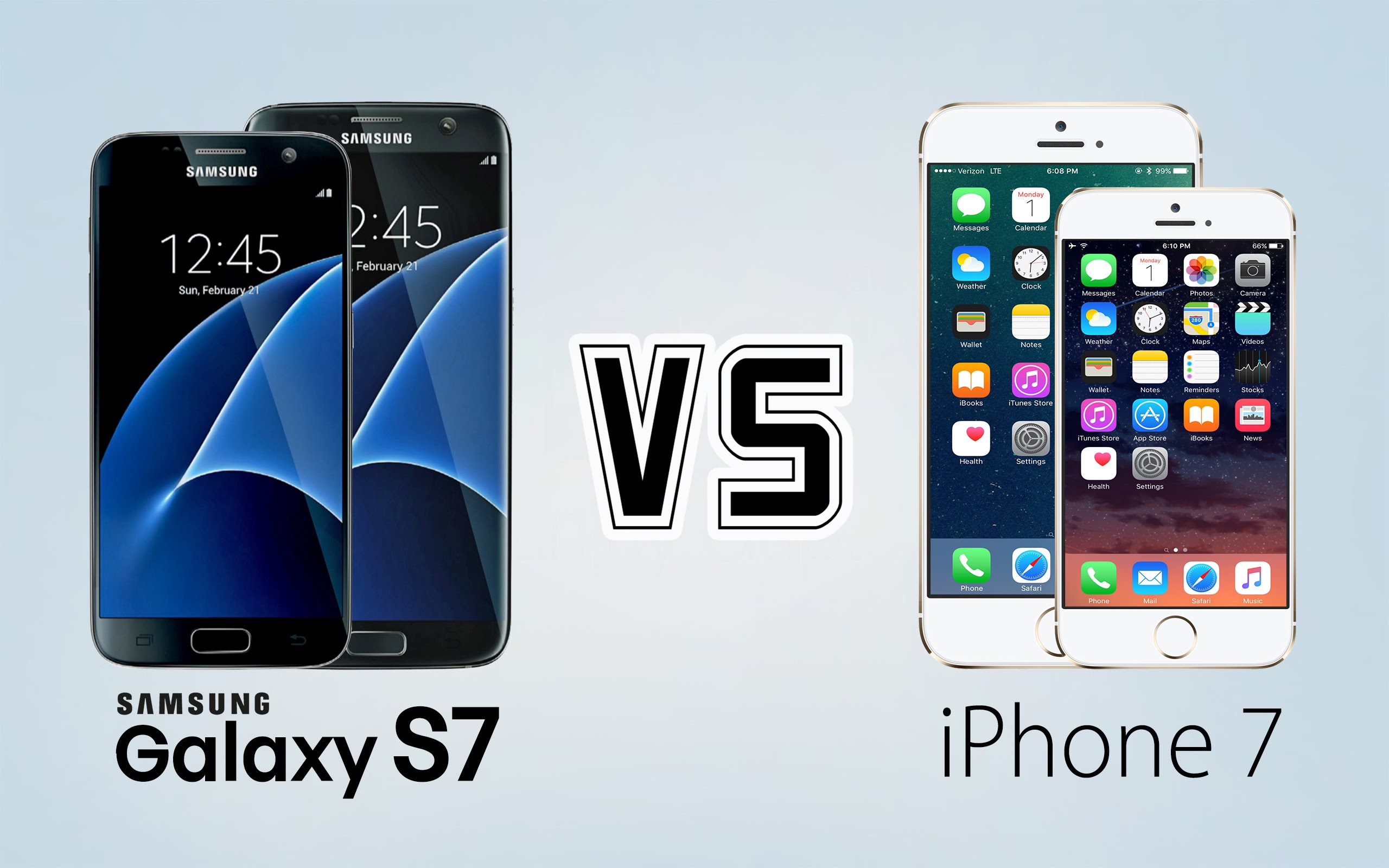
Samsung and Apple both have their flagship models available for inspection now and both hold the hopes of Android and iOS within their sleek shells. Although you'll need to wait a little while longer to get your hands on the iPhone 7, now seems a good time to see how they matchup and which one is right for you.
DESIGN
The Samsung Galaxy S7 is a tremendously good-looking handset, boasting a slender 142 x 70 x 8mm chassis and a weight of just 152g. But make sure you don't drop it! As well as the fact that it is super easy to crack the screen, it also scores very low in terms of reparability, with Samsung opting to use adhesive rather than screws. That means if something needs to be replaced, something else needs to come out with the faulty component. The iPhone 7 is also very alluring and lightweight, with a slim 7.1mm chassis and weighing in at just 138g. For the color conscious the S7 is available in Black, White, Gold, Silver, and Pink Gold, while the iPhone 7 can be Gold, Silver, Rose Gold, Black, and Jet Black.
Both phones are resistant to dust and water, but The Galaxy S7 has the edge here, as it is IP68-certified, meaning it can be dunked in the water.
It's hard to pick which phone is more attractive and both will require casing of some kind which will make them less aesthetically-pleasing but it could help avoid an expensive repair in the long run.
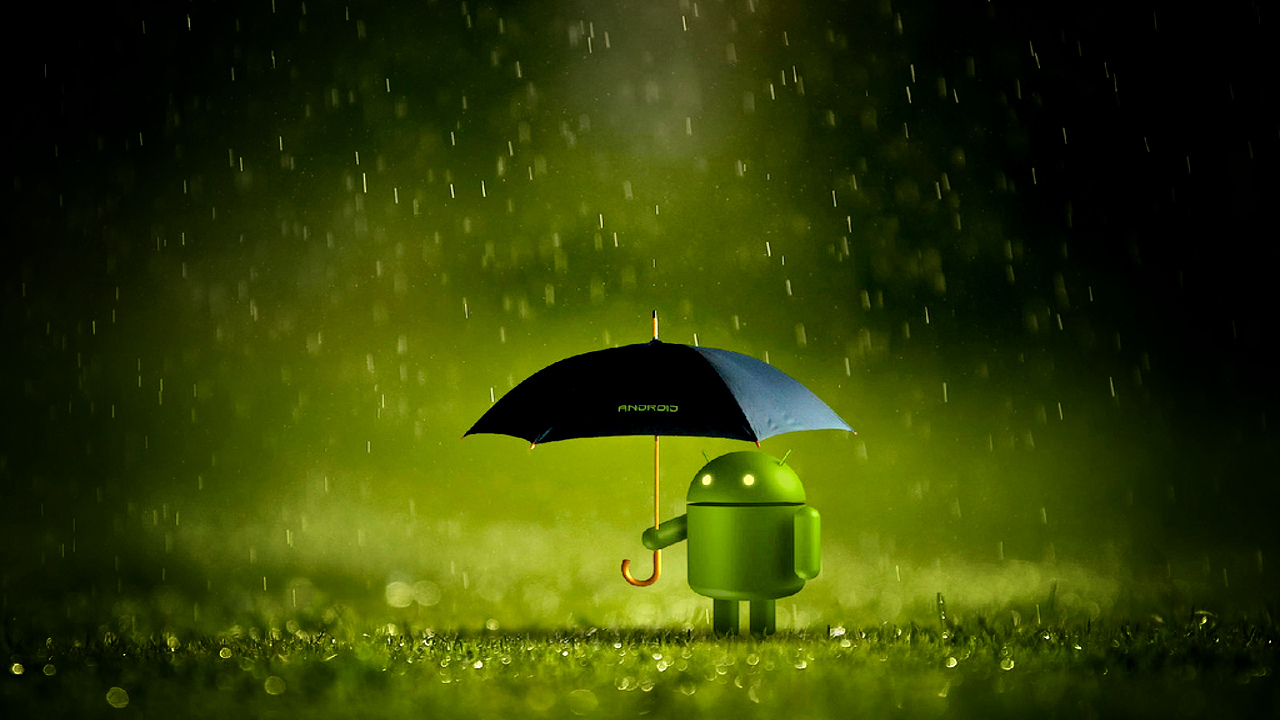
"Android Firewall" (CC BY 2.0) by Uncalno
DISPLAY
The Galaxy S7 features a rich, colorful 5.1 inch Super AMOLED display and has a high-resolution 1,440 x 2,560 pixel screen with 577 ppi pixel density. The iPhone 7 has a 4.7 inch Retina HD display with a lower resolution of 1,334 x 750 pixels which, spread over a smaller area, means the disparity between the two won't be as conspicuous. Both are great, but Samsung takes the point here, as bigger is always better in the display round. Another plus for the Samsung camp is the 'always-on' display setting, which turns on a small piece of the display to show the time, date, and notifications at a cost of just over 1% battery life per hour.
GAMING
The S7 comes packing the latest Snapdragon 820 processor, while the iPhone 7 is equipped with the new A10 Fusion. Although the A10 Fusion is a significant improvement on the iPhone 6's processor, it's a case of Apple catching up with Android capabilities rather than surpassing them. Both phones possess the required processing power to cope with the most demanding games available, from Oz: Broken Kingdom and live blackjack at a bitcoin online casino to Modern Combat 6 or the latest Fifa. The ability both phones have to give menial jobs to low-power cores and demanding tasks to high-power cores means that everything should run that little bit smoother, so playing MMOs or online poker with will be as easy the game developers intended, even if you're running a number of other programs in the background.
SOFTWARE
The Samsung Galaxy S7 runs on Android 6.0.1 Marshmallow and this should be followed by a Nougat update in early 2017. The iPhone 7 runs on Apple's custom-built iOS-10 software, which should give it the edge, as it's been custom built for the iPhone 7, as opposed to Marshmallow, which Google developed for a range of devices. There really isn't the time or space here to go into an iOS VS Android debate and really it comes down to personal preference, as Android has worked hard to currently be on an equal pegging with iOS. This one's a tie, as those using many Google services will be content to remain with Android and those comfortable in the Apple environment will be equally fulfilled.
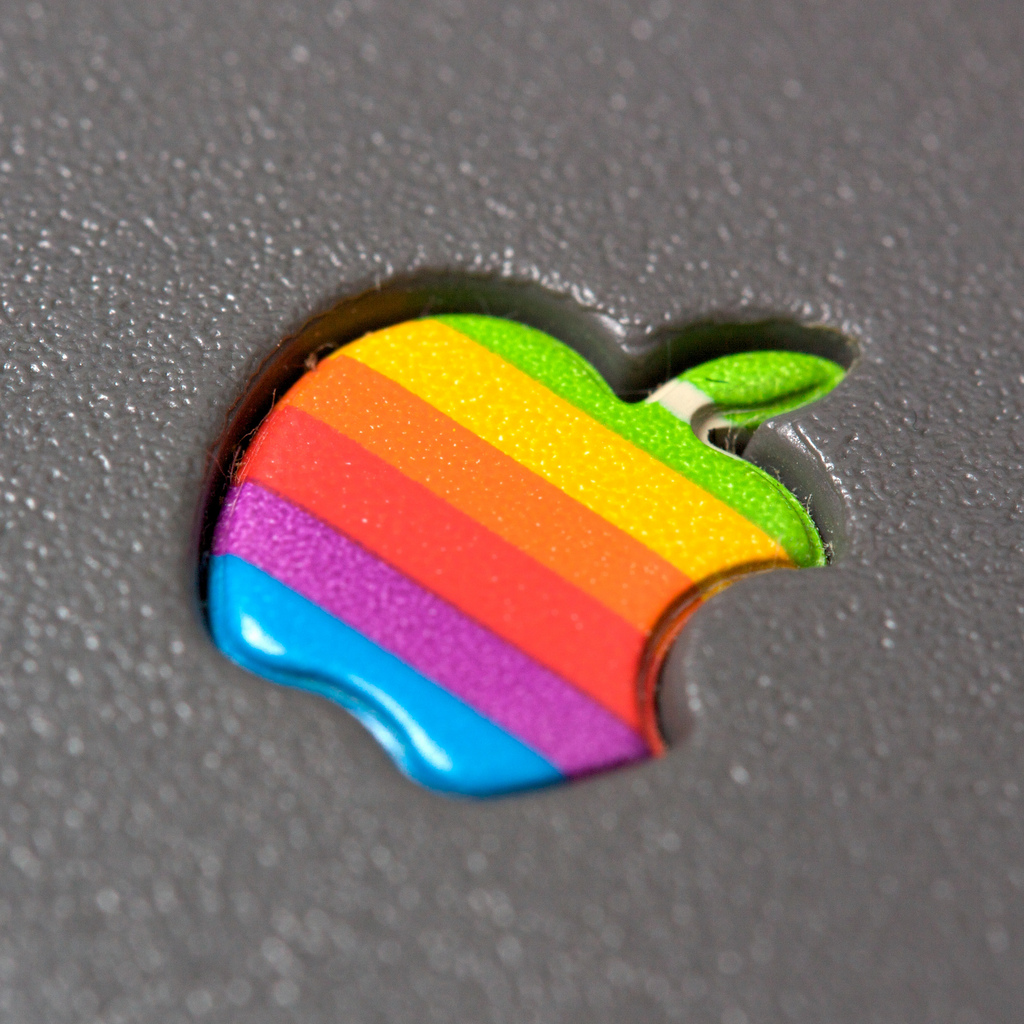
"Embossed Apple logo" (CC BY 2.0) by Marcin Wichary
Samsung and Apple have both made big statements with their new devices and there's no doubt they're the elite in this highly competitive market. There are other considerations such as the battery-life and the camera, which are important, but very similar for both models. One chief area of consideration is the price and this is where the Samsung takes the victory because it is considerably cheaper than the iPhone 7. With the top-end iPhone 7 a whopping £919, compared to the high-end Galaxy at £799, you get a great phone with both Apple and Samsung, but you'll keep a little more cash in your pocket with the Android.
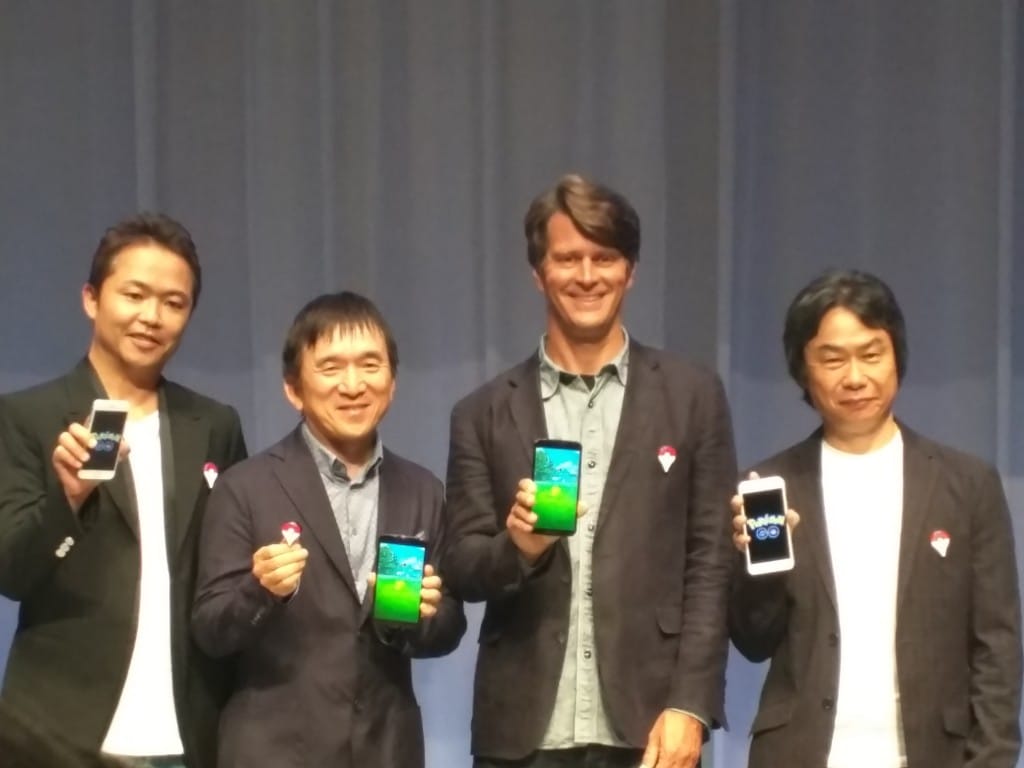
Unless you have been living in complete isolation with no connection to the modern world, you probably have an idea about the mobile game Pokémon Go. Most of us know that Nintendo is the company to bring the super popular mobile game to the masses, but if we were to ask you which company actually developed it, most of you would probably not have a clear answer. Well, Niantic is the name of the small company that developed Pokémon Go and John Hanke, the CEO of the company is the main man behind the mapping technology that the game is based on. In fact, John was one of the main developers involved in designing the basics of Google Earth while he was still working with his previous corporation.
Niantic has three prime investors, Nintendo, Pokémon Co and of course Google, under which the company actually began as a startup in 2010. John Hanke himself is a gamer and he plans to expand the game with new features like trading very soon. In the meanwhile, since the popularity of the game has reached an all time high and is only continuing to grow with each passing day, Niantic is possibly going to use this massive success to get its mapping components licensed by other major developers in the hope of developing new apps and games in the near future.
Saikat Kar (tech enthusiast)
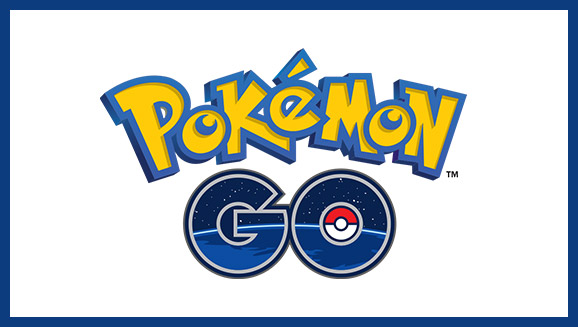
If you haven't heard about Pokemon GO yet now may be the time to wander back underneath your rock as not only is Niantic's Pocket Monster themed app dominating the Android and IOS App markets, it is also helping itself to the lion's share of the global market for in-app purchases claiming a whopping 47% of the market in a single day on July 10th.
In layman's terms, Pokemon GO made more in a single day than all the other mobile apps combined. This is impressive enough in itself but the news doesn't stop there as the app is also reported to be introducing first-time mobile gaming spenders to the market. Unbelievably, less than 53% of users who spent money on Pokemon GO had made one or no mobile game purchases in the last six months.
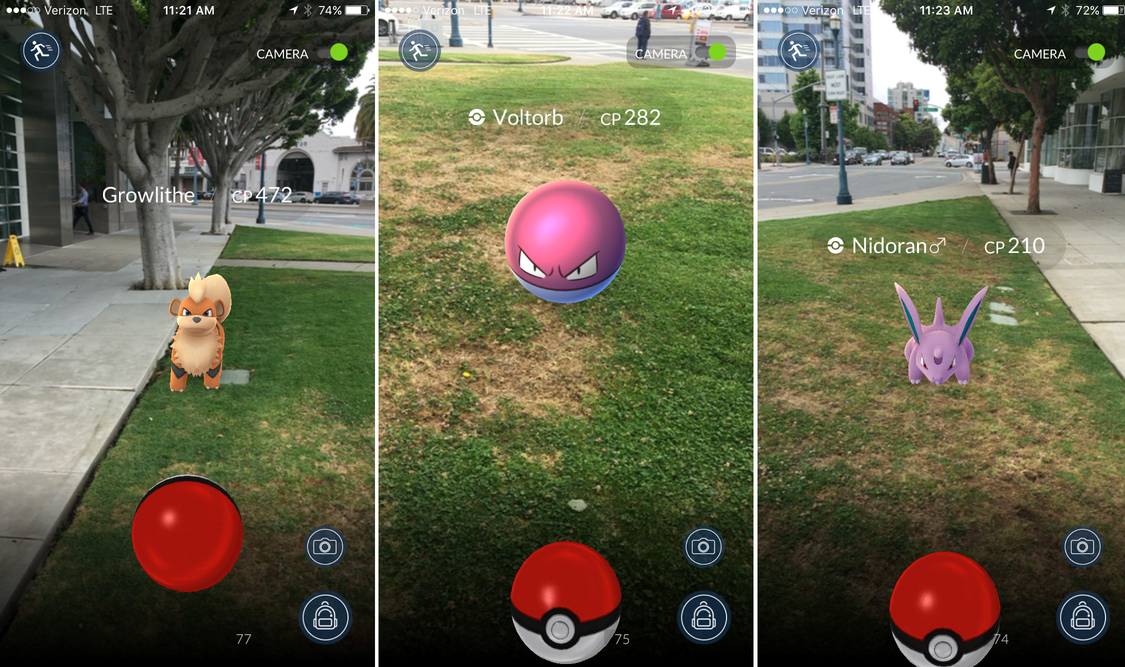
As it stands, the most popular in-game purchase has been the 100 Poke Coin bundle (the in-game currency for purchasing items). Approximately 37% of all purchases were the 100 Coin bundle but the app has actually profited most from the five dollar (£7.99 in the UK) 1,200 Coin bundle.
In total, it is estimated Pokemon GO has already made $14 million, far outperforming developers Niantic's previous effort: Ingress. Ingress played a big part in the design of Pokemon GO as it relies on the same mapping software and the previously mapped out ‘energy points' are also now the in-game PokeStops where players refill their inventories.
Nintendo's company shares have also risen an incredible 86% in Tokyo as a byproduct of Pokemon GO's success. In financial terms, this translates to an unprecedented $17 billion increase of market capitalisation.

The company have desperately needed a win since falling behind console rivals Sony and Microsoft and the venture into the mobile gaming market has paid off more than could've been predicted. People in the United Kingdom were recklessly abusing their devices to confuse them into thinking they resided in America or Oceania to access the app early - there hasn't be such madness since Microsoft first introduced Xbox Live to the gaming market.
It was a definite risk to allow a third party to develop the app on Nintendo's behalf, the Nintendo logo features only for trademarking purposes, but it has certainly paid off for the Japanese gaming giants. The incredible rise in market stock will stand Nintendo in excellent stead as the world awaits details on its next console: the Nintendo NX and could see them retake their crown as the king of games.
Granted, Pokemon GO isn't for everyone so if you're looking for alternative games such as free casino games, offline gaming or apps without in-game purchases we can point you in the right direction.
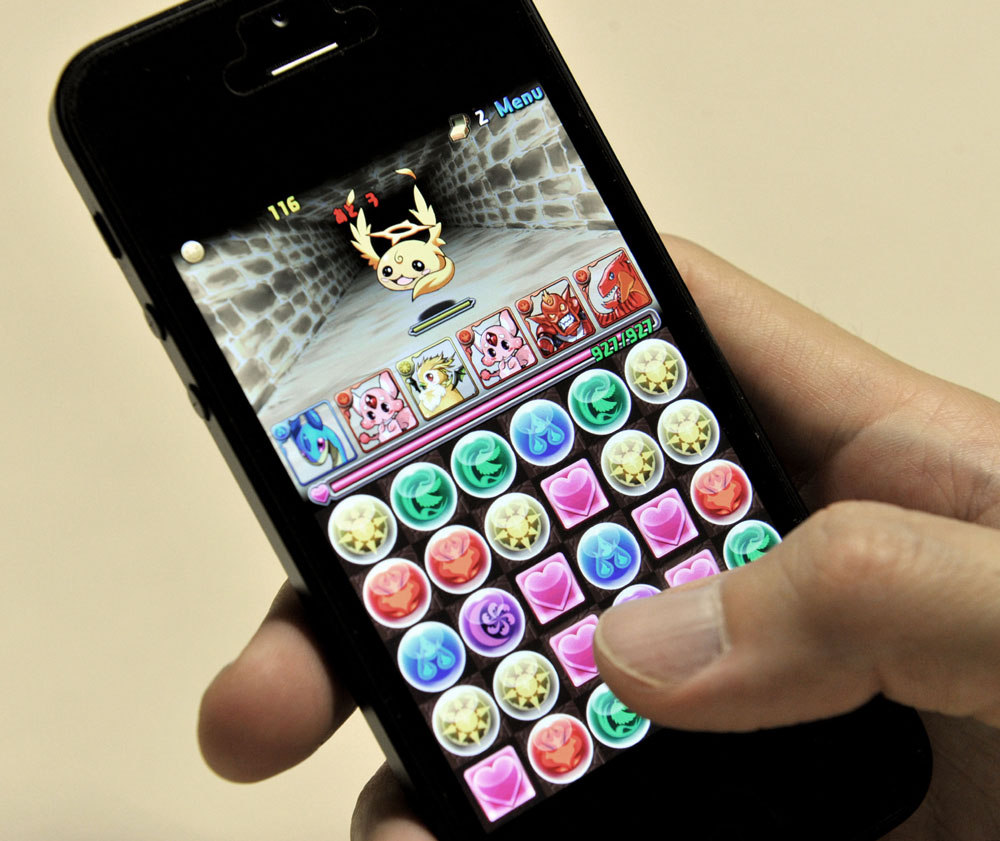
With smartphones becoming more powerful every year, the games which we can play become even more impressive. For those who want 3D adventures, the phones can now handle these, as well as casual games like Candy Crush Saga.
The rise of mobile gaming on not only smartphones but also tablets has taken many by surprise, even appearing to be a threat to the mighty consoles when it comes to popularity. What caused this success, and why are so many companies investing money into this form of gaming? The simple answer is that people are finding it an easy new way to keep on gaming on the move. Looking deeper into it though, there are some signs that highlight the reasons mobile gaming is becoming such a success.
The Mobile Platform and Digital Downloads
Mobile gaming has found its strength in casual gaming and the "free-to-play" model for gaming releases. It is so easy for players to just download a game for free, get a taste of it and then decide if they want to invest money through microtransactions.
While microtransactions may not have been that popular at first, it has slowly become an easy way to make progress in games while on the move. Whether it is adding extra lives to the game, adding cosmetics, or even adding money into an online slots game, transferring money into gaming accounts has never been easier.
The fact that this money is being spent in the billions also means that big gaming companies are starting to take notice. Companies like Activision buying mobile companies like King, the makers of Candy Crush Saga show that things are being noticed. That fact that the sale was made for $5.9 billion also shows just how much money is being spent.
Mobile Gaming is Flexible
Mobile gaming can be done anywhere, and on the move. While this may mean more casual type games that are played in smaller chunks so not to take up the player's concentration, it still means there is plenty of chances for games to be played.
The ability to play games anywhere though is what makes mobile gaming so popular with gamers. It can relieve boredom while having to wait for the bus, or while travelling on the train, or even while waiting for a doctor's appointment. The versatility that this form of gaming provides will always win out.
Mobile Gaming Diversity
While console gaming can sometimes be a little restrictive based on the style of games available, mobile gaming offers more of a choice for a more diverse number of gamers. Whether you are male or female, old or young, there are games available that fit your gaming needs.
Smartphones and tablets offer us choice, and an easy way to start playing games. This makes them a very popular way to game on the move, whatever your taste. Whether you're playing on your favourite iPhone Casino, the latest strategy release, or the latest Candy Crush Saga clone, the choice is yours, and you have plenty to choose from.
© 2023 YouMobile Inc. All rights reserved






